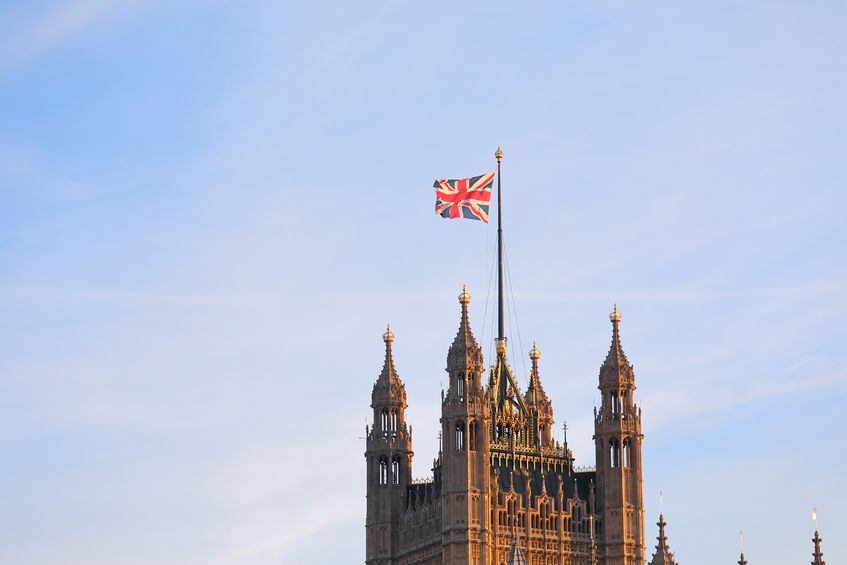
The NFU has told a House of Lords Committee that the UK must maintain welfare and environmental standards in its attempt join a trans-pacific trading bloc.
The UK has formally applied to join the Comprehensive and Progressive Trans-Pacific Partnership (CPTPP) - a group consisting of 11 countries including Canada, New Zealand and Australia.
The CPTPP accounts for over 13% of world GDP - worth a total of US$10.6 trillion - making it the third largest free trade area in the world by GDP.
But UK farm leaders have warned that existing group members do not have the same high rules on standards and welfare as those in force in the UK.
Many are now pressing the British government to ensure that the farming industry was protected from lower standard imports.
The House of Lords International Agreements Sub-Committee has been seeking evidence as part of an inquiry into the UK’s accession to the group.
The NFU has stressed in its submission to the committee the importance of protecting UK food and farming standards.
The union told the committee: “The NFU believes that any trade deal, which includes joining the CPTPP, should ensure that British farmers can continue to produce food to the current high standards
"Our farmers are proud of the food we produce and should not be undermined by imports produced to standards that would be illegal here.”
The NFU added: "We are confident that if UK farmers are allowed to compete on fair terms, we can lead the way when it comes to sustainable, high welfare and climate friendly farming.
“Some of these countries are very competitive, major agriculture-exporting countries, so there is a concern that the cumulative impact could result in increased market access being given away by the UK government for our sensitive agricultural products.”
The union said that only 9% of the UK’s agricultural exports currently went to CPTPP members, so there was an opportunity to grow exports of high quality UK produce, especially in the beef, sheep meat and dairy sectors.
Food safety was a key consumer concern for many CPTPP members and especially the South-East Asian economies, the NFU said.
The UK could demonstrate safe, traceable, and audited food-supply chains, meaning ‘Brand Britain’ should have great potential.
But the NFU stressed that UK farmers must not face unfair competition from lower standard food imports as a result of CPTPP membership.
Ever since the UK voted to leave the EU farming groups have warned about the threat from lower standard food imports unless rules were enforced on them.
Mark Williams, chief executive of the British Egg Industry Council (BEIC), said he would be pressing the government to ensure that the egg industry was protected.
He has said previously that a significant percentage of the cost of producing eggs in the UK comes from legislation on food safety, animal welfare and environmental protection.
Mr Williams has warned that pursuing a free trade policy with countries with lower standards would result in British farmers being significantly undercut.
The government has insisted that it will defend food standards in negotiations with other countries, although it has refused to put such protections into law.
